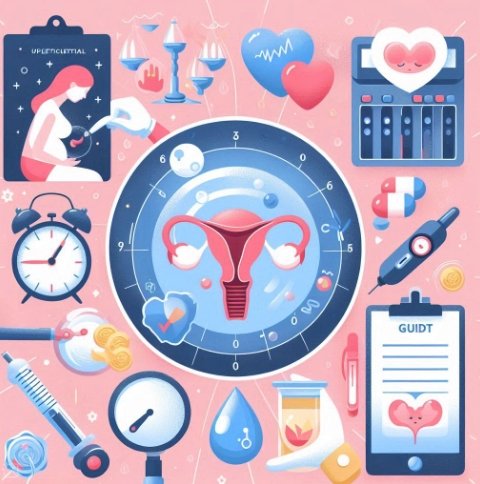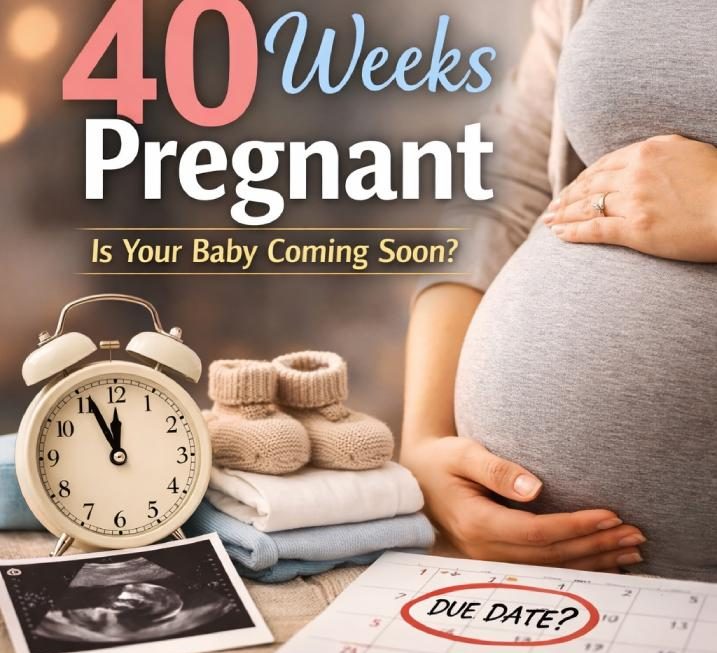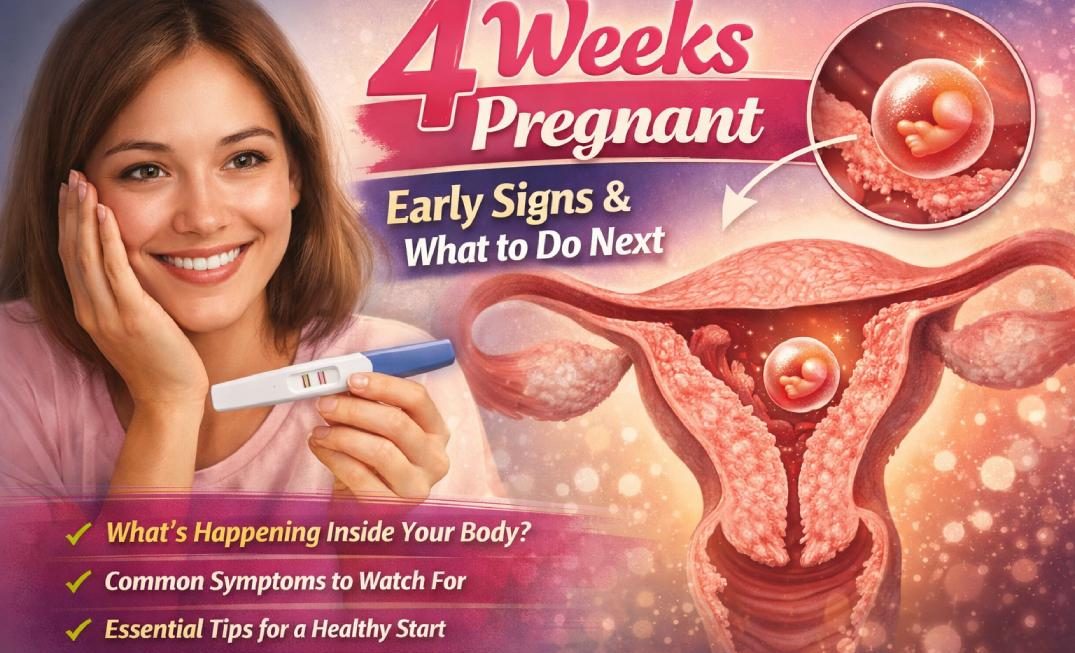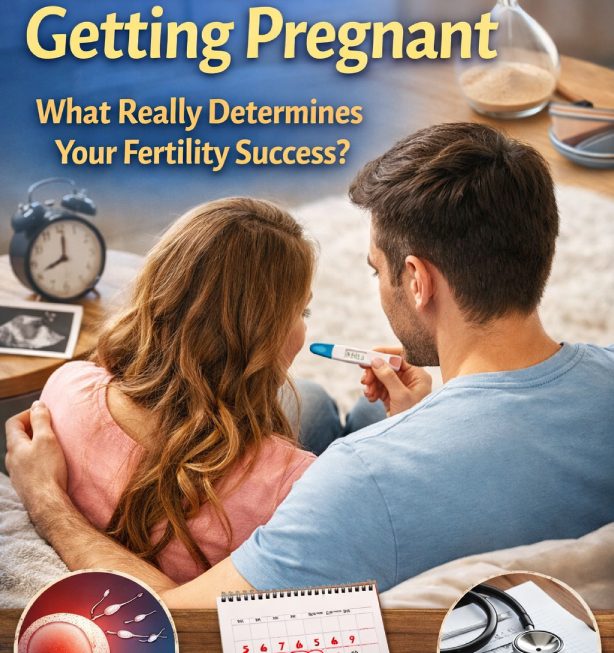Getting pregnant can be an exciting but sometimes challenging journey. If you’re eager to start or grow your family and want to conceive quickly, there are strategies you can follow to enhance your chances of getting pregnant fast. This guide outlines expert-backed tips that focus on optimizing fertility, improving reproductive health, and understanding your body’s signals.
When you’re ready to get pregnant, waiting can be the hardest part. You may have spent years preventing pregnancy, but now that you’re trying to conceive, you want it to happen as quickly as possible. While some couples get pregnant right away, others find that it takes more time. The good news? There are several steps you can take to speed up the process.
From understanding your ovulation cycle to making healthy lifestyle choices, knowing how to boost fertility can help increase your chances of conceiving faster. By paying attention to what your body is telling you, ensuring optimal conditions for conception, and avoiding common fertility issues, you can make the path to pregnancy smoother. This comprehensive guide covers everything you need to know to maximize your chances of getting pregnant fast, including practical tips, medical advice, and lifestyle changes.
Understanding Your Ovulation Cycle: The Key to Quick Conception
One of the most important things to understand when trying to get pregnant quickly is your ovulation cycle. Knowing when you’re ovulating can significantly increase your chances of conceiving since ovulation is when your body releases an egg to be fertilized by sperm.
Track Your Menstrual Cycle for Better Timing
Tracking your menstrual cycle is crucial to pinpointing your most fertile days. A typical cycle is around 28 days, but cycles can range from 21 to 35 days. Ovulation usually happens around day 14 of a 28-day cycle, but if your cycle is shorter or longer, ovulation may occur earlier or later. Keeping track of your cycle using a fertility app or calendar can help you identify your fertile window more accurately.
Ovulation Predictor Kits: A Helpful Tool for Conception
Ovulation predictor kits (OPKs) are another excellent tool for figuring out when you’re most fertile. These kits measure the levels of luteinizing hormone (LH) in your urine, which surge just before ovulation. Using OPKs can help you time intercourse during your fertile window, boosting your chances of getting pregnant fast.
Lifestyle Changes to Increase Fertility and Conception Speed
Making certain lifestyle adjustments can also improve your chances of getting pregnant quickly. Focusing on a healthy diet, managing stress, and avoiding harmful substances are all essential when trying to conceive.
Adopt a Fertility-Boosting Diet
A balanced diet plays a critical role in improving fertility. Incorporating nutrient-rich foods like leafy greens, whole grains, lean protein, and healthy fats can create the best environment for conception. Key nutrients such as folic acid, iron, and vitamin D are essential for reproductive health, so make sure you’re getting enough of these in your diet.
Recommended Fertility Foods:
- Spinach, kale, and other leafy greens (rich in folate)
- Salmon and other fatty fish (packed with omega-3 fatty acids)
- Nuts and seeds (great sources of zinc and selenium)
- Whole grains like quinoa and brown rice (provide essential fiber and B vitamins)
Maintain a Healthy Weight
Being underweight or overweight can affect your fertility, making it harder to conceive quickly. Women with a body mass index (BMI) outside the normal range may experience irregular ovulation or even miss ovulation altogether. By maintaining a healthy weight through proper diet and exercise, you can optimize your body’s fertility potential.
Avoid Smoking and Limit Alcohol Intake
Smoking and excessive alcohol consumption can negatively impact fertility for both men and women. Studies show that smoking damages eggs and sperm, while alcohol can interfere with ovulation. Limiting or eliminating these habits will increase your chances of getting pregnant faster.
Sexual Positioning and Timing: How to Optimize Your Chances
Believe it or not, the timing and position of intercourse can play a role in how quickly you get pregnant. While there’s no definitive evidence that one position is better than another, timing intercourse around ovulation is key to conception.
Best Time for Intercourse During Ovulation
For the best chance of conception, time intercourse during your fertile window, which is typically the five days leading up to and including the day of ovulation. Since sperm can live inside the female reproductive tract for up to five days, having sex before ovulation can help ensure that sperm is present when the egg is released.
The Role of Sexual Position in Conception
Though there isn’t much scientific evidence that certain positions increase the likelihood of pregnancy, many experts recommend positions that allow for deeper penetration, such as missionary or doggy style. These positions can help sperm get closer to the cervix, potentially boosting the chances of fertilization.
Preconception Health Check: Get a Head Start on Pregnancy
Before you start trying to conceive, it’s a good idea to schedule a preconception checkup with your healthcare provider. This appointment can help identify any potential issues that could impact your fertility or pregnancy.
Discuss Your Medical History
Your doctor will review your medical history, including any conditions or medications that could affect your fertility. If you have a history of reproductive issues such as endometriosis or polycystic ovary syndrome (PCOS), your doctor may suggest treatments to help improve your chances of getting pregnant fast.
Fertility Testing for Both Partners
If you and your partner have been trying to conceive for several months without success, your doctor may recommend fertility testing. For women, this may include hormone testing and ultrasounds to assess ovulation, while men may undergo semen analysis to evaluate sperm health.
Common Fertility Issues and Solutions
Sometimes, even with perfect timing and healthy habits, pregnancy may take longer than expected due to underlying fertility issues. Being aware of common fertility challenges can help you identify potential problems early on and seek treatment if necessary.
Polycystic Ovary Syndrome (PCOS)
PCOS is one of the most common causes of infertility in women. It affects ovulation, making it harder to get pregnant. However, treatments such as lifestyle changes, medications, and assisted reproductive technologies (ART) like in vitro fertilization (IVF) can help women with PCOS conceive.
Male Infertility: What You Need to Know
Male infertility is responsible for about 30% of infertility cases. Issues like low sperm count, poor sperm motility, or abnormal sperm shape can affect a man’s ability to impregnate his partner. Lifestyle changes, medications, or ART can help improve male fertility.

FAQs About Getting Pregnant Fast
1. How often should we have sex to get pregnant quickly?
- For the best chance of conception, aim to have sex every 2 to 3 days throughout your cycle, especially during your fertile window.
2. Can stress affect my ability to get pregnant fast?
- Yes, high levels of stress can disrupt ovulation and affect fertility. Try to manage stress through relaxation techniques, exercise, or counseling.
3. Does age affect how fast I can get pregnant?
- Fertility declines with age, especially after age 35. If you’re over 35 and haven’t conceived after six months of trying, consider seeing a fertility specialist.
4. Can diet and exercise help me get pregnant faster?
- Absolutely. Maintaining a healthy weight and eating a balanced diet can improve fertility for both men and women.
5. How long should I wait before seeking medical help?
- If you’re under 35 and haven’t conceived after a year of trying, or over 35 and haven’t conceived after six months, it’s time to consult a doctor.


